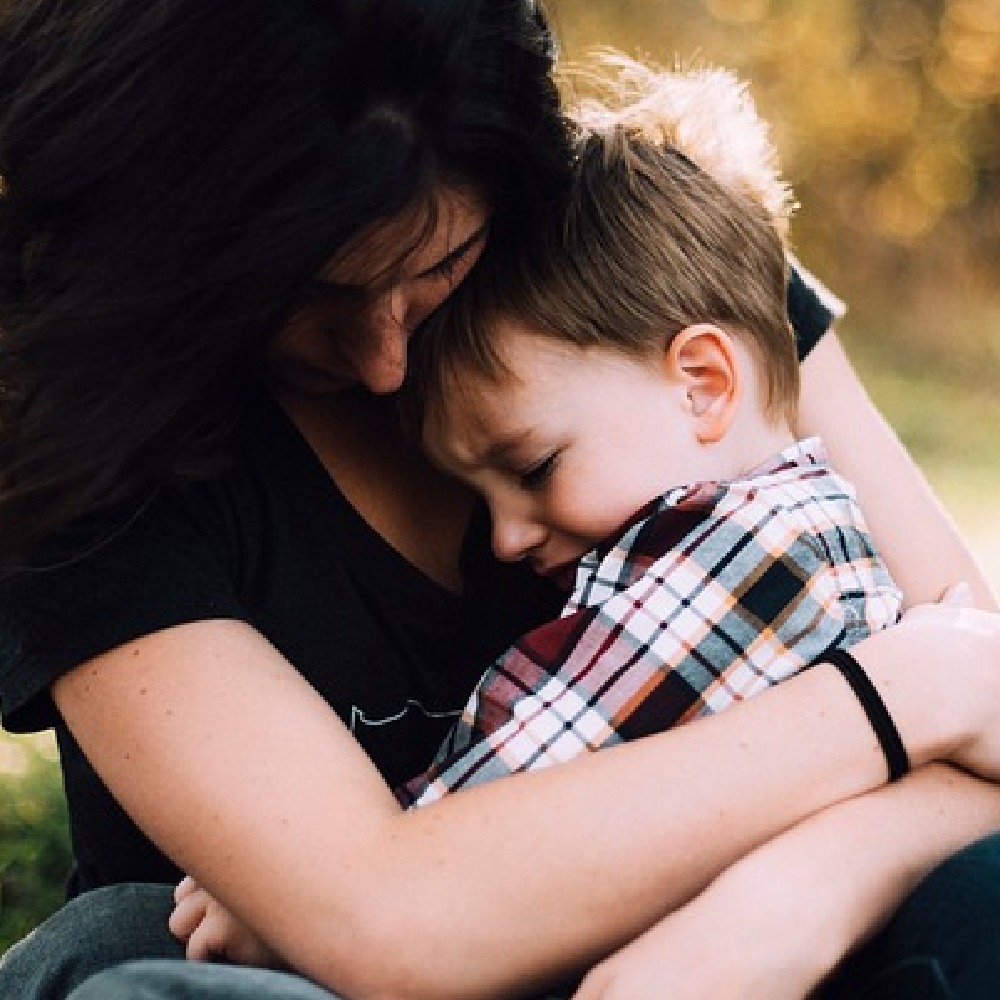October marks ADHD Awareness Month. With this in mind, we spoke to Lisette Kuijt, licensed child psychologist at the online tutoring platform - 'GoStudent’ about what ADHD is, and how best to support a child with ADHD.

What is ADHD?
Attention deficit hyperactivity disorder (ADHD) is one of the most common disorders that is diagnosed in childhood. It is characterised by trouble with regulating attention, hyperactivity, and impulsivity. ADHD does not look the same in every child with the diagnosis - not all of them show the trouble with attention, and not all of them show the symptoms of hyperactivity. While typically developed children may also have trouble with regulating attention and may be hyperactive and impulsive sometimes, it affects the functioning of children with ADHD in social and academic life negatively on a daily basis. ADHD is a neurological disorder, which means that the symptoms are not caused by any mental or intellectual disabilities. More boys than girls are diagnosed with ADHD.
What are the signs that a child might have ADHD?
Symptoms of ADHD usually develop quite early in childhood. In most cases, the disorder is diagnosed between the age of six and twelve years old. The inattentiveness, hyperactivity and impulsivity that characterise ADHD present differently in each child, but also may change over time in a child.
There are, however, some signs that your child can show in day-to-day life that may indicate that they have ADHD, such as:
- Talking out of turn often
- Often losing toys or other belongings
- Difficulty with prioritising the right tasks
- Moving or fidgeting a lot
- Losing interest in hobbies quickly after picking them up
- Trouble initiating tasks, postponing tasks
- Being late often
How can you talk to your child about ADHD?
Getting a diagnosis and hearing that they are “different” from other children, may be difficult for your child. If you talk to your child about ADHD, be sure that you create a safe environment in which your child feels loved and accepted. Avoid the words “disorder” and “problems”. ADHD does not define your child and has nothing to do with their intelligence or chances in the future. If your child worries about this, consider showing them what others with ADHD have achieved - a lot of celebrities are quite open about their diagnosis. Despite their struggles with attention and inhibition, people with ADHD are often more creative thinkers and can be better at multitasking!
In most cases, ADHD is genetic. This means that it is very probable that someone in your near family is experiencing similar symptoms as your child. Talking to this relative can make your child feel less alone and more understood.
Do you have any advice for supporting your child with ADHD?
Symptoms of ADHD present themselves less often in structured surroundings. To support your child with ADHD to be able to deal with their symptoms a little better, you will have to adapt your home and family life. Try to come up with a routine that enables you to work together to get done what has to get done, and help your child keep to it. This routine should include keeping a healthy lifestyle - eating well and keeping to a healthy routine may be more difficult for your child. To help your child keep to the routine that you have created together, place visible lists and planners throughout the house.
Children with ADHD have an increased chance of struggling with other mental health problems, such as anxiety and depression. Keep an open conversation with your child about their mental health and check in with them often.
Are there any useful resources for parents to know about?
- Shared online planners with notification pop-ups, so your child won’t forget that important meeting.
- Two-way locators for important items that your child loses regularly, such as keys.
- Concentration boosters, such as white noise or deep focus music.
For more information, visit https://www.gostudent.org/en

